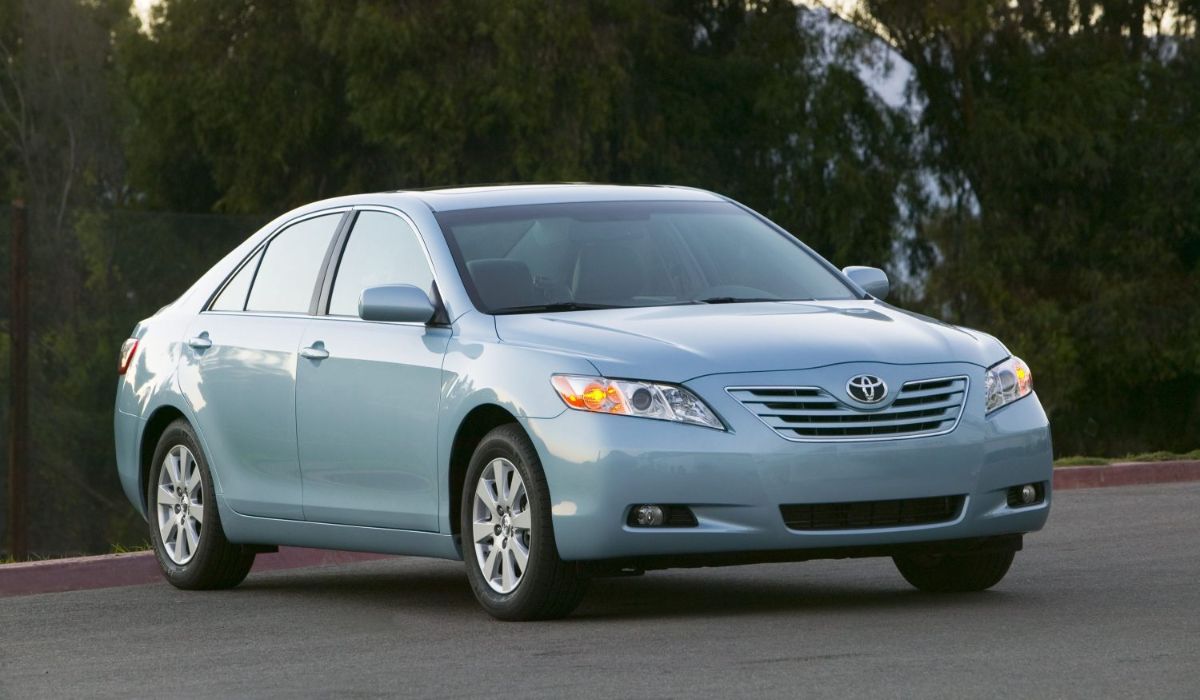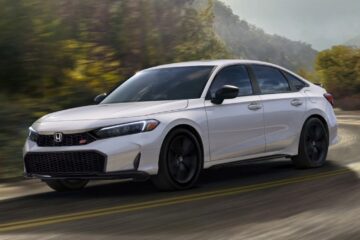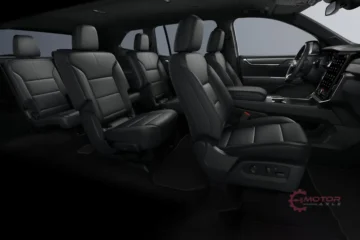The Trusty Toyota Camry: One of the Most Trusted Names in the Car Industry. With a reputation for reliability, low maintenance costs, and good long-term value, it’s a go-to choice for families and commuters. But sit down because it’s stiff medicine: not all Camry models are made the same. Some years are packed with all manner of woes that could drain your wallet before you know it.
Whether it’s excessive engine oil consumption, transmission failure, or brake problems, some years of the Camry have been known to turn into a costly nightmare. Before you make a mistake and buy the wrong one, in this article, I will show you the Toyota Camry years to avoid, what went wrong, and the models you can consider and buy without a problem.
Let’s make sure you don’t buy a money pit.
Must Check: Toyota Tundra Years to Avoid and the Worst Problems Owners Faced
1. 2007 Toyota Camry – The Oil Guzzler You Should Skip
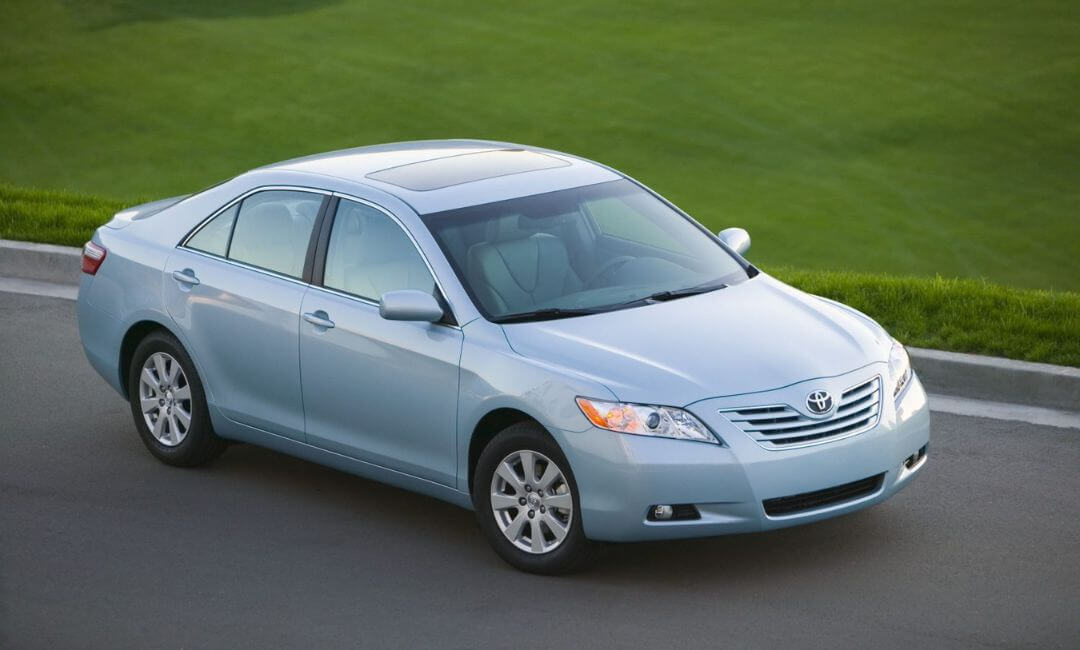
Main Issues:
- Severe oil consumption
- Melting dashboards
- Transmission hesitation
Why It’s a Problem:
The 6th generation kicked off in 2007 and brought with it high anticipation for the new Camry. It went on to be one of the most complained-about Cars on Car Complaints. The biggest issue? Oil consumption. Owners have reported that they need to add oil every 1,000 miles or less.
It was more than irritating — it was also costly. Toyota had issues with the 2.4L 4-cylinder engine piston rings but never issued a recall for them. Although a TSB was released, many customers were still required to pay for the repair themselves after the vehicle was out of warranty.
And, to top it off, the dash was melting in hot temperatures on some models, becoming a gooey and sticky mess. Toss in some jerky shifts and transmission problems, and this year should be dodged entirely.
2. 2009 Toyota Camry – Engine Trouble
Main Issues:
- Ongoing oil burning
- Engine knocking
- Early engine failure
Why It’s a Problem:
There were some enhancements, but the 2009 Camry inherited many of the engine issues from the 2007 model. Oil burn returned with a vengeance, causing knock, fouling plugs, and replacement motors at their most severe.
This model, with just regarding the engine – had over 1,000 NHTSA complaints. The average cost of a repair was more than $2,000, and a majority of owners were left with the bill.
If you’re looking to buy a used Camry, avoid the 2009 model — it’s just not worth the gamble.
3. 2010 Toyota Camry – More of the Same
Main Issues:
- Engine problems persist
- Check engine light as a result of VVTi system malfunction
- Premature transmission wear
Why It’s a Problem:
Toyota attempted to clear its name in 2010, but the same 2.4L engine remained an issue. Oil consumption issues continued, and then problems with the VVT-i system began to appear.
Some drivers also reported that their engine stalled or had a rough idle, accompanied by a check engine light that remained lit, conditions that didn’t persist despite attempts to clear them.
In essence, 2010 was another year of the problems that had originated in previous iterations.
4. 2011 Toyota Camry – Braking Bad
Main Issues:
- Premature brake wear
- Squealing brakes
- ABS glitches
Why It’s a Problem:
Engine problems began to fade in the 2011 Camry, but braking issues emerged. Rapid wear of brake pads and rotors — often within 20,000 miles — was the most frequent gripe.
Some people experienced a grinding noise and vibration, while others encountered issues with the ABS sensor, which would cause the entire system to shut down. Not only are these inconveniences, but they are also safety issues that could result in costly repairs.
5. 2013 Toyota Camry – Transmission Letdown
Main Issues:
- Rough shifting
- Slipping gears
- Torque converter failure
Why It’s a Problem:
Toyota refreshed the 6-speed automatic transmission for the Camry in 2013, but that didn’t work out for everyone. Many owners have reported rough downshifting ,Sluggish acceleration, and Slippage under usual driving conditions.
The issue was typically the torque converter, which unfortunately failed too soon for many people. Replacing it might be as high as $1,800–$2,500.
Although Toyota released a TSB, not all of the repairs have been covered under warranty. For all of us who depend on smooth and safe driving, 2013 isn’t worth the risk.
6. 2014 Toyota Camry – A Rough Ride
Main Issues:
- Suspension noise
- Rattling dashboard
- Weak interior components
Why It’s a Problem:
The 2014 Camry wasn’t beset with engine or transmission failure, but it did let down drivers nonetheless. The main issue? Build quality. Owners commonly reported” ” clunky” suspension, noticeable cabin noise, and rattles from the dashboard or doors.
The interior did not withstand the rigorous demands of daily use well. Many drivers reported that the seats were uncomfortable and the trim sometimes cracked or warped due to exposure to the sun.
And while it wasn’t a train wreck by any stretch, the problems were so debilitating as to seriously sour users on their purchase.
Common Threads – What These Camry Years Share
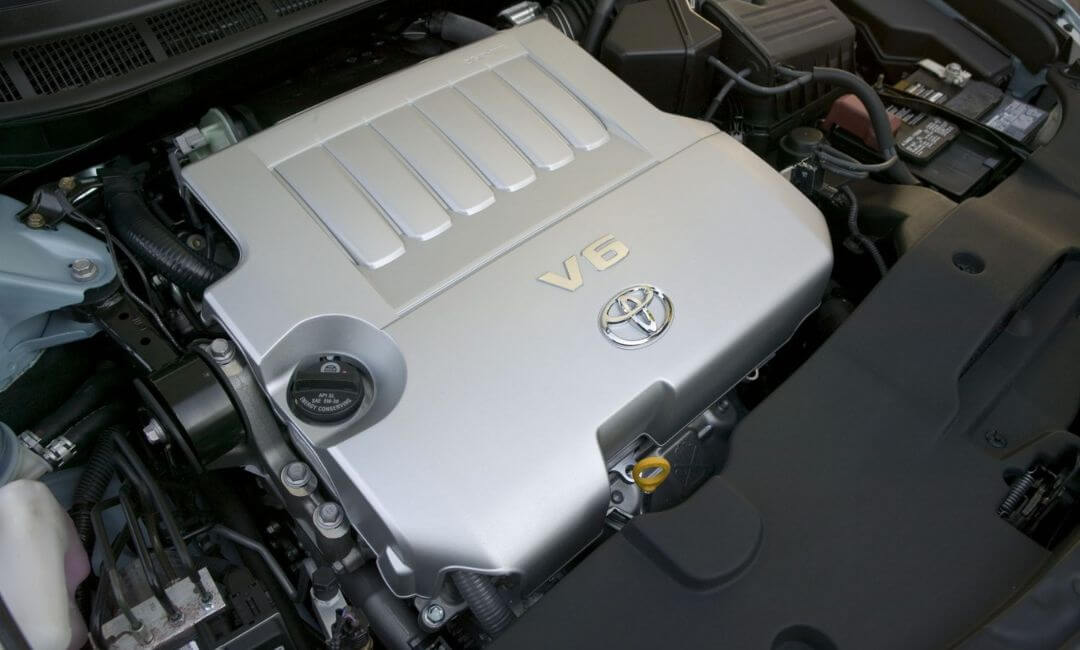
When you look closely, the worst Camry years have some recurring themes:
- Oil Consumption: Early 2007-2011 models equipped with the 2.4L engine consumed oil at an extremely rapid rate.
- Transmission Troubles: From 2013 to 2014, the vehicle experienced rough shifting and expensive torque converter issues.
- Interior Quality Problems: One or more model years were plagued by rattling interior parts and melting dashboards, as well as the use of substandard materials.
- Brake System Hurdles: The 2011 models are known to have suffered from fast-wearing rotors and brake pad issues.
These issues were more than just performance-hurting—they hit owners in the pocketbook, as many endured repairs costing between $1,000 and $2,500.
Read More:
- GMC Acadia Years to Avoid and the Worst Problems They Hide
- Ram EcoDiesel Years to Avoid – Drivers Regret Buying These 3.0L Models
- Ford Escape Years to Avoid The Worst Models That Cost Americans Thousands
Toyota Camry Years You Can Trust
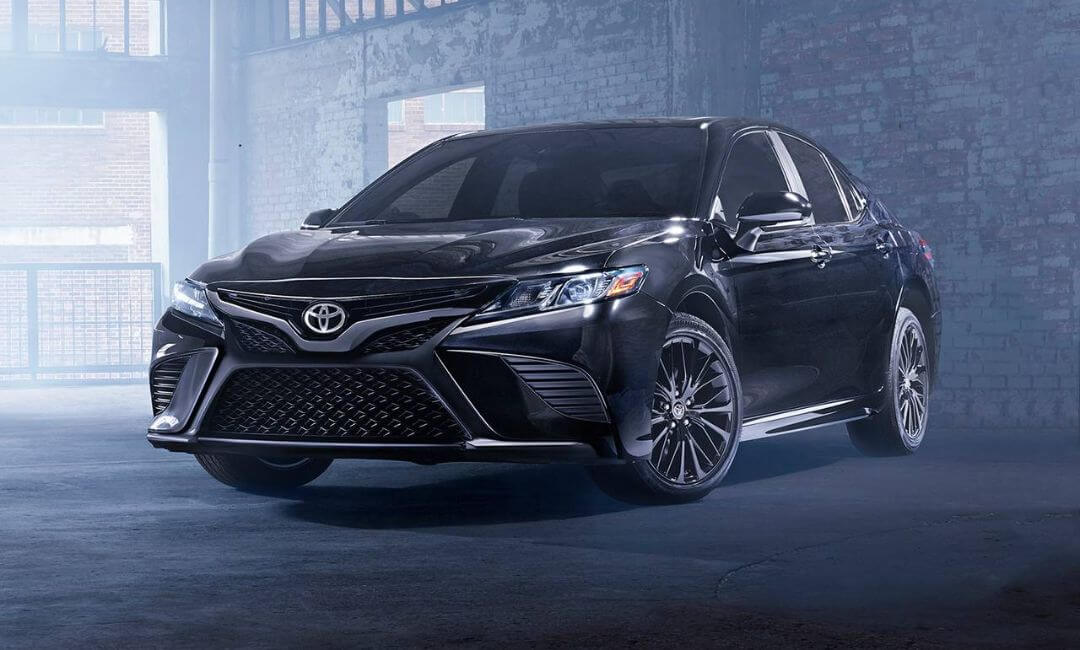
Not all Camry variants are bad apples. There have been some reliable years, even after high mileage. If you’re after a budget Camry, here are a few to think about:
1. 2015 Toyota Camry
- Updated styling
- Improved suspension
- Decent Consumer Reports scores
- Fewer complaints overall
2. 2016 Toyota Camry
- Great resale value
- Known for reliability
- Comfortable and quiet ride
3. 2018 Toyota Camry (Brand-New Redesign)
- Built on Toyota’sToyota’s new TNGA platform
- Better fuel economy
- High-level safety tech standard
- Highly rated by J.D. Power (4.5/5 reliability)
4. 2020 Toyota Camry
- Smart safety features
- Strong resale value
- Available V6 option
- Very few complaints, if any, so far
Expert Comments and Ratings
Consumer Reports:
“Toyota Camry has continued to be a good contender in the midsize segment, but certain years like 2007 and 2009 seem to have not been up to expectation because of an engine problem.”
J.D. Power Reliability Ratings:
- 2007 Camry: 2/5
- 2009 Camry: 2/5
- 2018 Camry: 4/5
- 2020 Camry: 5/5
Mechanic Insights:
Several independent mechanics report that the 2.4L 2AZ-FE motor (2007-2009) is particularly susceptible to oil burning, which leads to what is considered, at best, a cost-prohibitive repair unless the engine is replaced or rebuilt.
What Real Owners Are Saying
“My 2007 Camry consumed more oil than it did gas. I had to add to it every week, and the dealership said it was ‘normal.’ Never again.” – Mark R., Phoenix, AZ
“I loved how my 2013 Camry looked, but the transmission would slip all the time. I spent $2,000 replacing the torque converter a few hundred miles past 90,000.” – Sarah T., Sacramento, CA
“I bought a 2016 Camry with 60,000 miles on it — five years later it drives like brand new. Hands down the best car I’ve ever owned.” – Jason M., Nashville, TN
How to Avoid Buying a Bad Camry
The following are some tips for you if you are buying a used Camry:
- Check the VIN: Use NHTSA.gov to find any recalls or complaints.
- Request Maintenance Records: Look for consistent oil changes and brake inspections.
- Hire a Mechanic: A pre-purchase inspection can save you thousands later.
- Research TSBs: Some repairs may be covered under extended warranties or service campaigns.
Final Thoughts – Know Before You Buy
One of the most reliable cars on the market, the Toyota Camry is generally a safe bet—provided you choose the correct model year. However, if you fall head over heels for a 2007, 2009, or 2013 model without checking to ensure you’re informed, you could wind up dealing with engine trouble, brake problems, or needing an expensive transmission repair.
They are not worth the headache (or the money). You’re better off sticking with reliable models, such as the 2015, 2016, or 2018 Camry. They are the epiphany of what you expect in a Toyota: reliability, fuel-efficient and great value for money.
As with any purchase, be sure to research the model year, look for typical problems, and have a thorough inspection. A little caution now could go a long way later.

